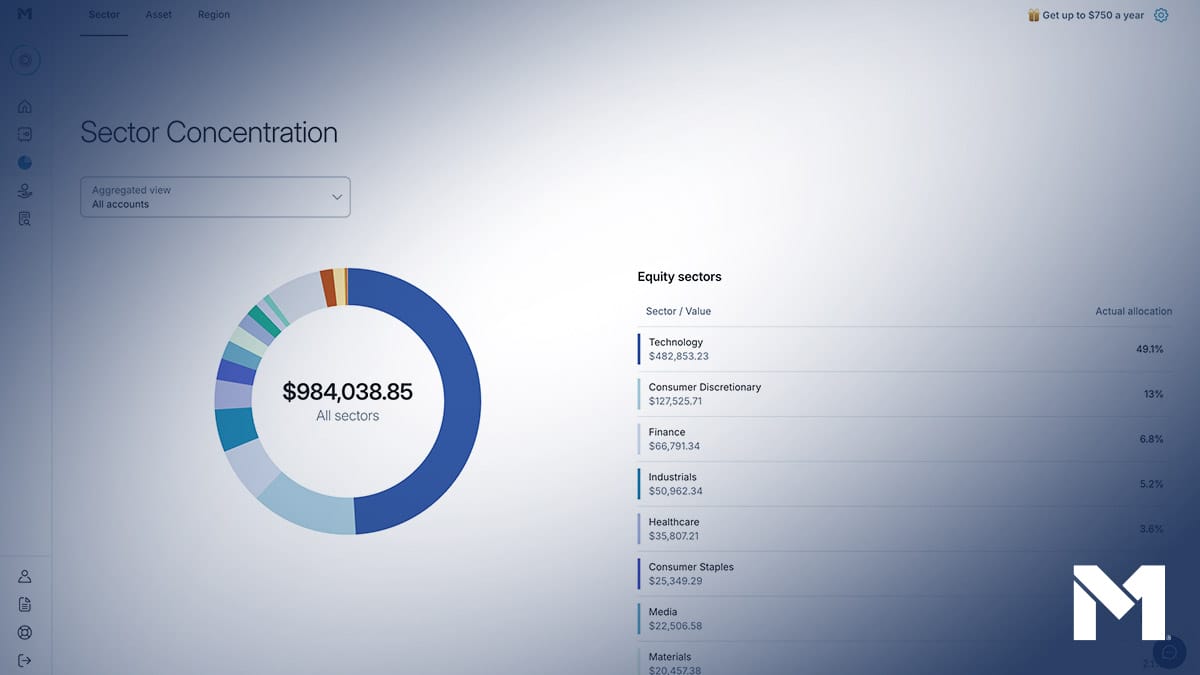Why FTX’s collapse is a wake-up call for the crypto industry

FTX, one of the largest cryptocurrency exchanges in the world, experienced a cascade of events that culminated in a run on deposits and the subsequent collapse of the exchange. On Friday, they filed for Chapter 11 bankruptcy.
Now, the impact of the collapse permeates the industry, leaving other crypto companies and clients with plenty of questions. We’ve fielded many of our own, and although M1 doesn’t have material exposure to FTX and our client assets are safe, we (and our partners) feel for those impacted by the situation at hand.
As FTX’s collapse and impact continues to play out over the following weeks and months, it’s important to consider how the industry got here—and what role we’re playing in making it safer and more secure.
How we got here as an industry
Over the past few years, the cryptocurrency industry has attracted more interest than any time in its history. Even during 2022’s crypto winter, more and more people are recognizing it as a mainstream asset class.
Exchanges are at the center of this, enabling users to buy, sell, and trade digital assets. FTX’s downfall has caused many to question the industry, but it’s critical to remember why they collapsed.
Reports and ongoing investigations show that FTX’s failure stemmed from risky, unethical business practices like:
- Conflicts of interest between FTX and crypto trading firm, Alameda Research,
- Lending client assets without explicit permission, and
- Other developing security concerns.
Unfortunately, these practices aren’t isolated to crypto; they have happened in traditional financial markets too. But the crypto industry is newer, and US regulations are less clear for crypto than they are for the stock market.
Currently, there is no overarching regulatory framework in the way the FINRA and the SEC regulate securities activities, or the Fed, FDIC, and OCC regulate banking activities.
A consequence of this unclear regulation is that many crypto companies are built offshore to avoid navigating the vague regulatory space. With interest in crypto building, US customers engage with these companies, and therefore aren’t protected by US regulators.
For example, FTX is based in the Bahamas and operated under a different regulatory environment. While this doesn’t cause unethical behavior, it does change the level of protection US customers have in the situation.
What’s next for the industry
The situation has brought the crypto industry to a crossroads. We’re still seeing the ripple effects of FTX’s collapse, and many in the industry are calling for clearer regulatory guidelines to better protect investors.
We think the prospects of greater defined regulation, whether that comes from the SEC, the CFTC, the Fed or some combination, is a positive long-term development.
But crypto companies can and should also be taking steps to clarify their business practices and help keep customers safe without waiting for regulations. The industry’s most trusted leaders have known this for some time and have moved quickly to better protect and serve customers.
As the industry figures out how to work through the benefits and challenges of crypto, it’s critical that investors continue to educate themselves on the assets, storage solutions, and companies with which they engage.
While reading terms and conditions may not be your first-choice activity, understanding whether your crypto is being loaned, staked, or pledged as collateral is vitally important—as is understanding the relationships your platform has with exchanges and regulators.
A note about FTX’s impact on M1 (no material exposure/impact)
Through these events, M1’s commitment to keeping our clients’ assets safe remains strong.
M1 Crypto assets are stored with Apex Crypto, who has relationships with trusted institutional custodians and wallet providers to store clients’ assets in secure omnibus custodial wallets.
And although we’re seeing widespread impact of FTX’s collapse across the crypto industry, Apex Crypto does not have any direct exposure to FTX, Alameda, or FTT. They’ve never had a direct relationship with FTX or Alameda, and do not offer FTT as a tradable token on their platform.
We remain in close contact with Apex Crypto, and they are in close contact with liquidity providers, custodians, and key regulatory stakeholders. M1 client assets are safe and secure, and Apex Crypto is not experiencing any liquidity issues.
Additionally, Apex Crypto does not move client funds without specific client direction or engage in lending activity. So, if you have coins on M1 Crypto, we won’t loan it or trade it out on margin.
We closely monitor industry developments like this one. Please don’t hesitate to reach out to us with any questions you have about M1’s crypto products and services.
- Categories
- Invest



